The top 10 most interesting stereotypes about Hungary and Hungarians
Change language:
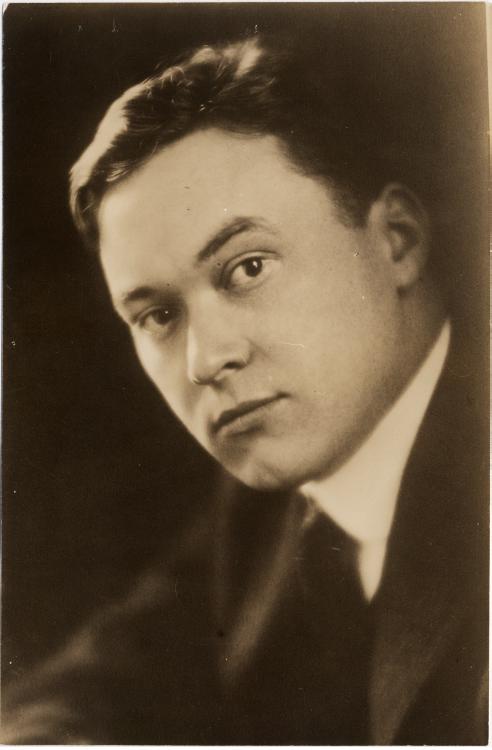
American writer, reporter and political commentator Walter Lippmann (1889–1974) was the first person who introduced the term and definition of stereotype in 1922; a term still used today. According to Lippmann, a stereotype is a distorted picture or image in a person’s mind, not based on personal experience, but derived culturally. Every nation has its own stereotypes, and Hungary is not an exception. Many tourists visit the country every year and leave with new opinions, but even people who have not visited Hungary before in their lives have their own beliefs. Let us see the ten most interesting stereotypes told of Hungarians by foreigners.
-
The Hungarian language is beautiful
The first thing a foreigner meets with every time visiting another country is its language. The Hungarian language welcomes tourists on billboards, newspapers, signs and in conversations as well. Of course, people visiting the country cannot read the written Hungarian language, but on the other hand, they have many opinions about our spoken native language. The exciting thing about it is that nobody can compare it to another language.
Almost every review and opinion about our mother tongue says that the Hungarian language sounds beautiful, smooth and it is pleasant for the ears, but there are many debates about comparing it to other languages. There are several comparisons, for example, to Finnish, Swedish, Turkish, Russian, and even Italian language.
Furthermore, many believe that our language is like Sindarin language (fictional language from The Lord of the Rings) or other imaginary ones. While being told that our mother tongue sounds unique and beautiful to foreigners, it has a significant drawback as well. It has such a difficult grammatical system and hard to understand its logic, learning Hungarian for a foreigner is worse than a nightmare.
CLICK HERE for Mini language lessons and learn Hungarian!
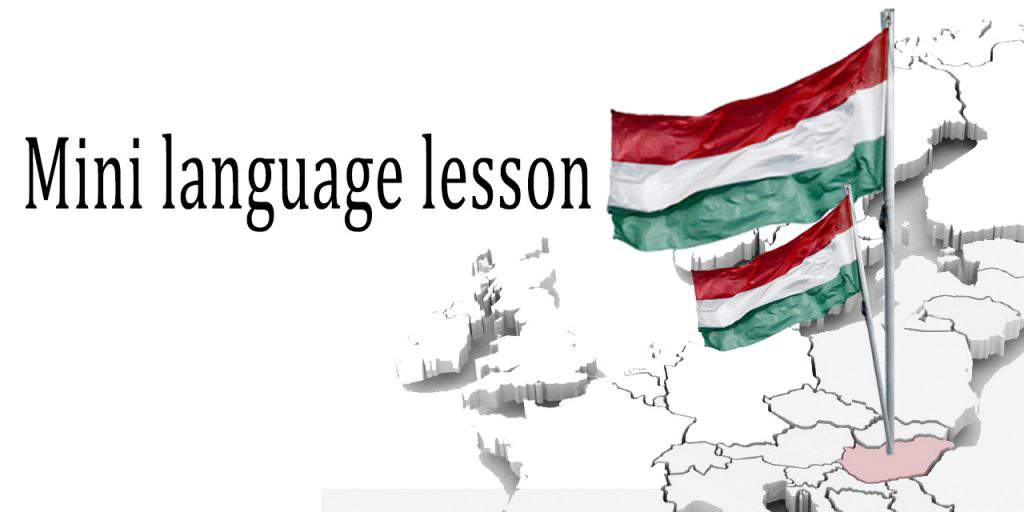
-
“I not speaking English”
Half of the Hungarian people do not speak foreign languages. According to a statistical survey by the European Union, only Romania and the United Kingdom are ahead of us considering foreign language learning; of course, it is understandable why English people do not take this seriously. This is a frequent experience for people visiting Hungary because many times they have hardships in communicating with Hungarians.
Luckily, Hungary improved a lot in the last ten years. If not in the countryside but in bigger cities and in Budapest there are restaurants with English-speaking waiters and waitresses.
Serving foreigners in restaurants and pubs is not a problem anymore, but talking with them on the street and telling them information or directions is still something many Hungarians struggle with.

-
Hungarians love to eat
According to foreigners, Hungarians take dining as seriously as French people. Many Hungarian households cook their own meals, and the Sunday-lunch is still considered to be a sacred thing in the country. Meals, consisting of three courses, are exceptional and unique experiences for foreigners trying out the Hungarian cuisine. Eating has many other roles in our country, not just biological and traditional ones. Hungarians eat when they are sad, happy, to sum up, it is the central part of our culture.
CLICK HERE to read about ten Hungarian eating habits that make foreigners go nuts

(Photo: www.facebook.com/langosfot)
-
Paprika, and a little more paprika
Despite being a small country, the Hungarian gastronomy has a worldwide reputation. Even people who have not been to Hungary are familiar with the famous Goulash soup and pörkölt. Besides our traditional meals, there is another factor which is known by every foreigner.








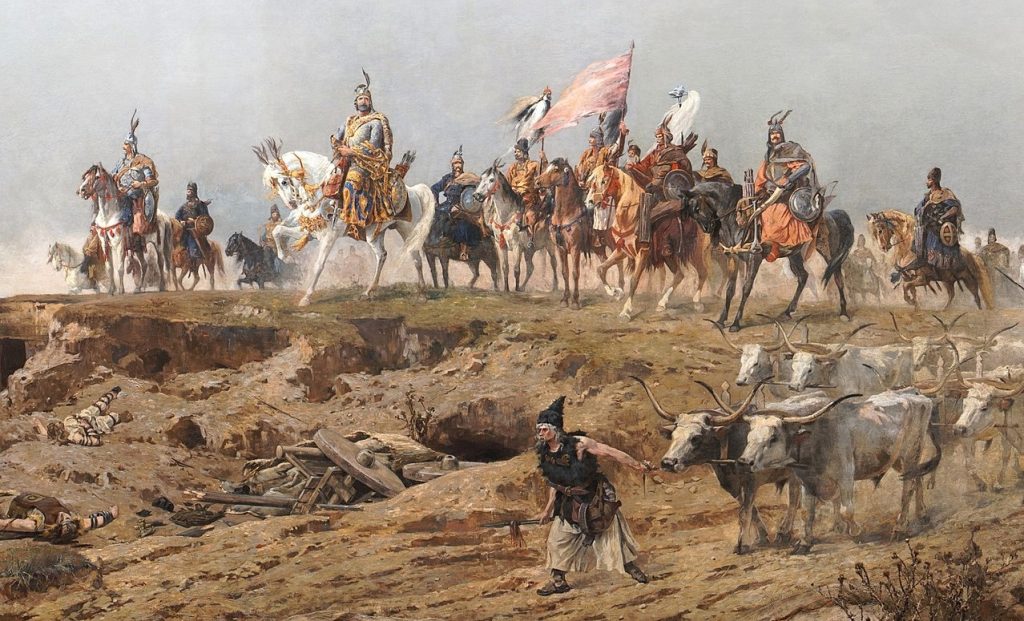

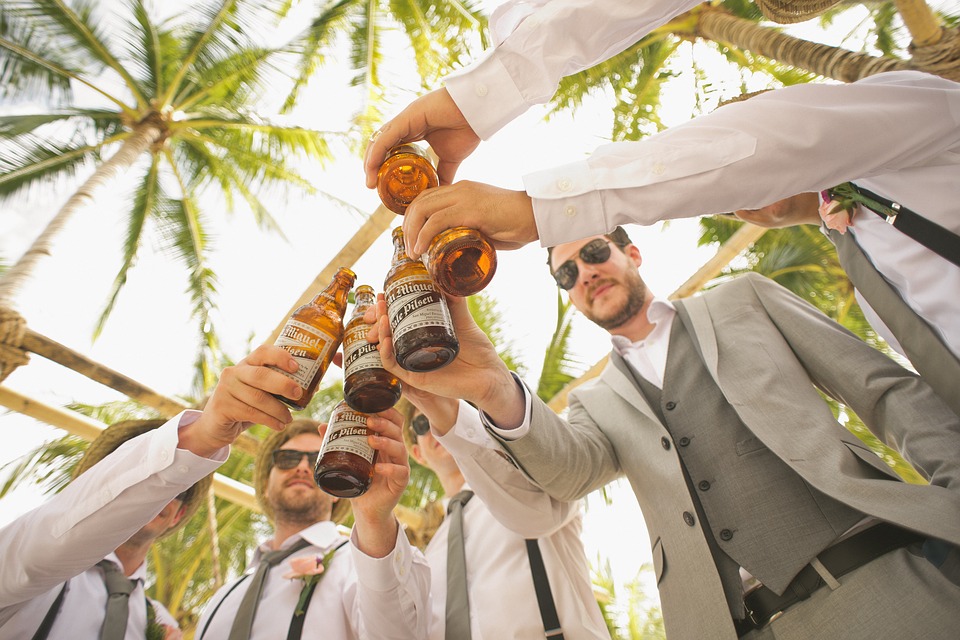
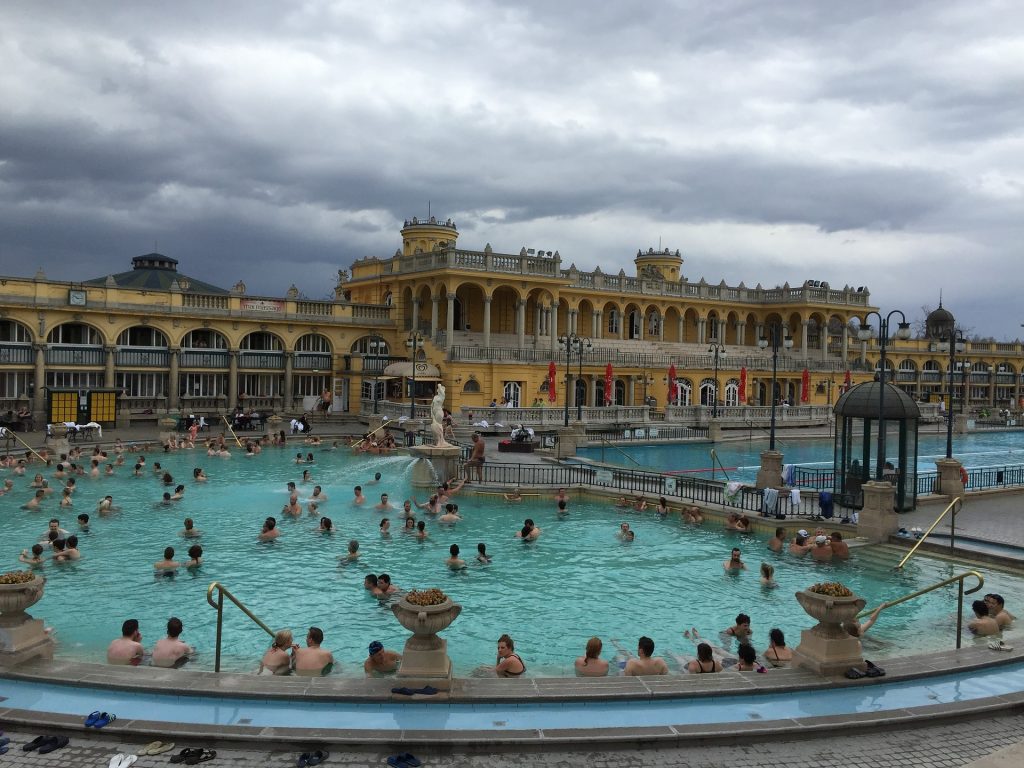

DUBBED movies.
the movie industry of which
The pessimistic stereotype is visible through the first two comments (one of them was made by a Hungarian in 100%). Instead of being proud, laugh at our personality and behavior, we realize other’s mistakes first 😀
Perfect example 🙂
But also, we are nice, and you can find now more and more young adults who can speak English or German (or something other sometimes). Just focus on younger ones and you will be helped out more easily. 🙂
And try lángos, pálinka and pörkölt 😉
Hey, It is “dubbed movies”, not synchronised. Could someone correct this?
Don’t ever find yourself as a patient in a Hungarian hospital. Doctors seem nice but many of the nurses come across extremely rude and arrogant.
This article offers a fascinating look at how the unique and incomparable sound of the Hungarian language forms a distinct, and often beautiful, stereotype for foreigners.
It’s fascinating how the Hungarian language is universally praised for its beauty, even as its unique character defies easy comparison to other languages.
This exploration of Hungarian stereotypes thoughtfully highlights how cultural perceptions, like the view of their language as beautiful yet enigmatic, are often shaped by inherited ideas rather than direct experience.
It’s fascinating how the Hungarian language, with its unique and incomparable melody, consistently earns admiration from foreigners as one of its most positive and enduring stereotypes.
mahakal cricket id
is a digital platform designed to provide users with convenient access to online entertainment, information, and interactive features. Despite its name, the site is not associated with or dedicated to Lord Mahakal; instead, it focuses on offering modern online services that cater to a wide audience. The platform emphasizes ease of use, quick navigation, and a streamlined interface that allows visitors to explore its content without confusion. With its blend of contemporary design and practical functionality, Mahakal Official Online Book aims to deliver a smooth online experience while maintaining clarity about its purpose and identity.
It’s fascinating how stereotypes, like the perception of Hungarian as uniquely beautiful, are often shaped by cultural impressions rather than personal experience.
It’s refreshing to see a positive stereotype, like the beauty of the Hungarian language, inviting curiosity rather than reinforcing a cliché.
I stumbled over here by a different page and thought I might as well check things out.I like what I see so i am just following you. Look forward tolooking at your web page for a second time